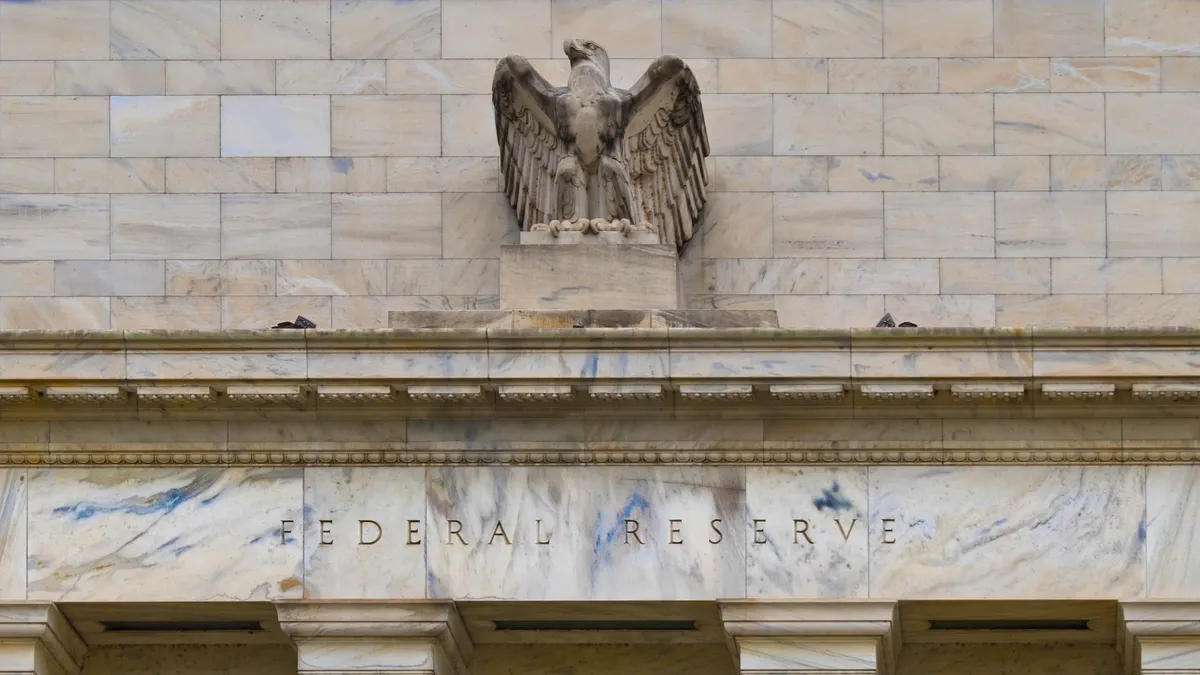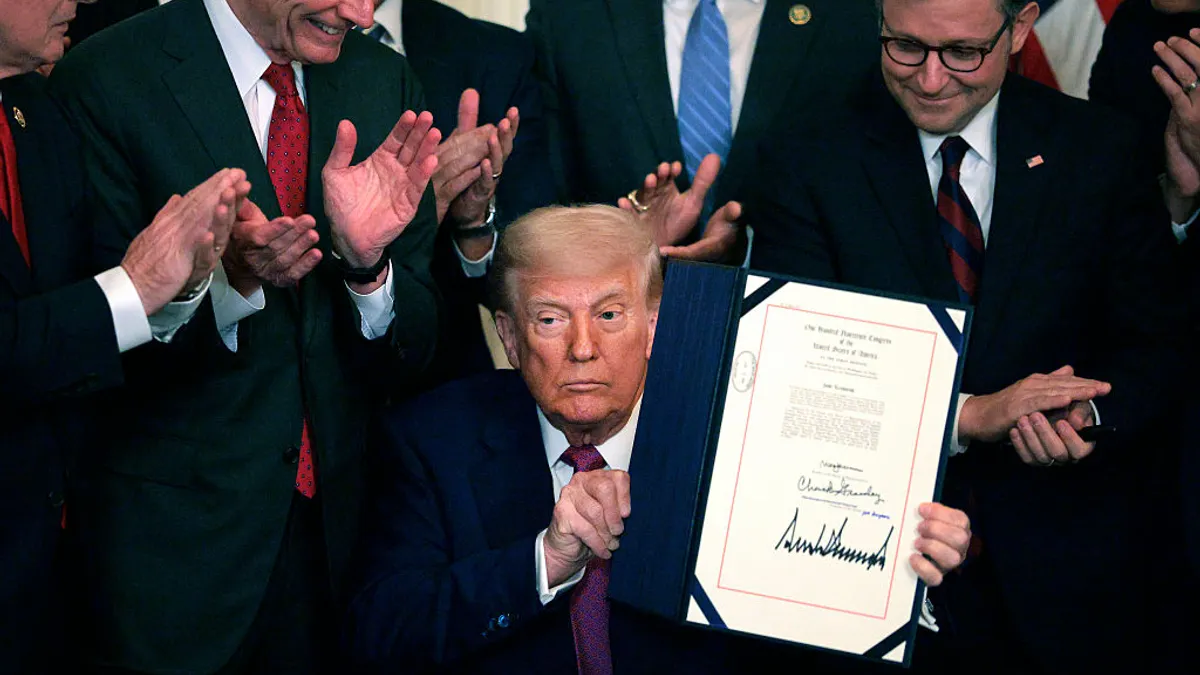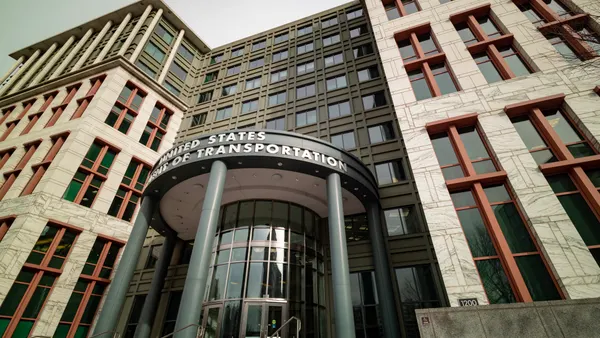Businesses will face a new labor landscape, if the Biden administration rolls back business-friendly independent contractor rules, as it's expected to do, and assumes a posture that could encourage more union organizing.
One of the regulatory signatures of the outgoing administration is its accommodative stance on independent contractors. This month, the Department of Labor finalized a long-awaited rule that gives companies a two-part test for categorizing workers as independent contractors and, therefore, not entitled to the predictable pay and costly benefits of regular employment.
The "economic reality" test provides a business-friendly way to measure how much control people have over their work, and how much of their own initiative is responsible for the money they make — or lose. In hard-to-decide cases, the amount of specialized skill the person needs to do the job is another factor.
"It preserves and protects the advantages of contracting work, particularly worker autonomy," said Isabel Soto, an analyst with the American Action Forum.
The rule is seen as a counterweight to California's AB5. The test looks at the degree of control the employer exercises over the worker, whether the employer has in-house people who do the same type of work, and whether the worker would be doing this kind of work separate from the company.
Under AB5, many gig workers are reclassified as employees, which has led some companies to threaten to pull operations out of the state.
The DOL rule pairs seamlessly with a move by the Securities and Exchange Commission this past December to let companies pay up to 15% of a gig worker's earnings in equity, a move intended to give these workers a stake in the company's success in the absence of predictable pay and benefits.
The SEC action effectively extends an existing rule, Rule 701, which covers equity compensation, to people who work with internet platform companies on a contract basis.
"Workers [should] have the opportunity to share in the growth of the business," said Jay Clayton, the SEC chairman who led the effort on the action and stepped down at the end of last year.
Reversals expected
Neither the DOL rule nor the SEC action is expected to survive the Biden administration.
Jeffrey Brecher, an attorney at New York firm Jackson Lewis, expects the Biden administration to delay implementation of, and then withdraw, the DOL rule.
"If there are legal challenges brought under the Administrative Procedures Act challenging the rule, it is possible the DOL under Biden may decide not to defend the rule or find another avenue to rescind it," he told the Society of Human Resource Management.
Tech companies, in particular, have relied on independent contractors to build their business. And it's not just companies like Uber and DoorDash, whose consumer-facing identity hinges on gig workers; it is also companies like Google, whose 121,000 contractors exceed its workforce of 102,000.
The National Employment Law Project estimates tech companies have reduced their labor costs by almost a third by relying so heavily on contractors.
These companies, an NELP report found, "are simply using newfangled methods of labor mediation to extract rents from workers, and shift risks and costs onto workers, consumers, and the general public."
Critics make similar arguments against the SEC's action.
"By labeling their workers as independent contractors, they seek to deny them the many legal protections and benefits that attach to employees," Laura Padin, senior staff attorney at NELP, said in a statement.
Two of the SEC's commissioners who voted against the action cited similar reasons.
"We cannot find any principled basis for the policy choice to single out a specific platform-based business model for a particular competitive advantage," the two commissioners, Caroline Crenshaw and Allison Herren Lee, said last year.
How dramatically the Biden administration will reverse course from the outgoing administration remains to be seen, but workers are already feeling emboldened.
In early January, several hundred Google engineers announced the formation of a union in collaboration with the Communications Workers of America. Even though the group is a minority union representing only a fraction of the company's workforce, and isn't yet recognized by Google, analysts call it a milestone because it bucks Silicon Valley's business-friendly culture.
"If [the union] grows ... it could have huge impacts, not just for the workers, but for the broader issues we are all thinking about in terms of tech power in society," Veena Dubal, a law professor at the University of California, told The New York Times.
No other groups have come forward since the announcement to say they're following in the Google engineers' footsteps. But more organizing activity could follow given the leverage highly prized tech employees have in the marketplace.
"It is a seller's market," Peter Meiksins, sociology professor emeritus at Cleveland State University, said. "That means engineers are positioned to make demands of employers. "'I like working here, but I don't like what you are doing, and I can go make just as much across the street,'" Meiksins said, sharing a hypothetical example.
If that's the case, regardless of the Biden administration's actions, at a minimum there's reason to expect a more complicated — and possibly more costly — labor landscape to navigate.



















